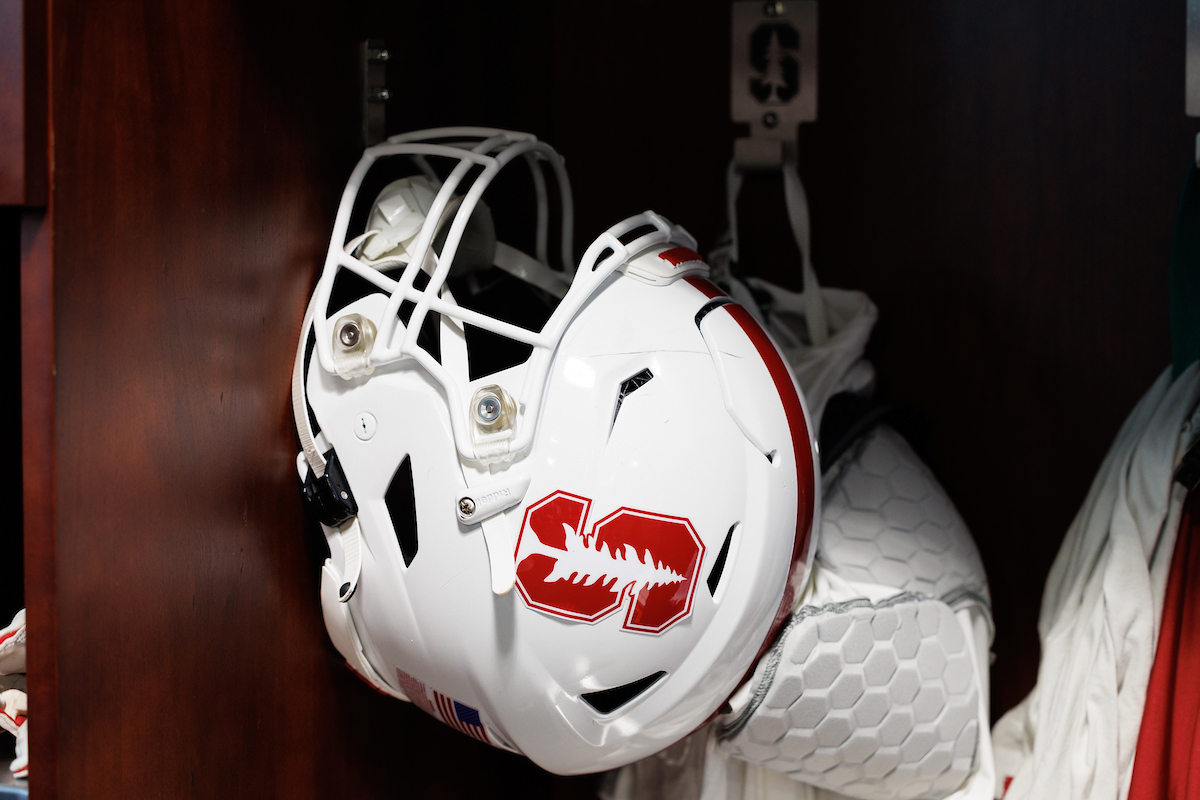As the women’s March Madness tournament drew a record-breaking audience, attention was drawn to prop betting within the NCAA. Some athletes faced harassment from bettors angry with results.
However, Stanford Athletics is remaining neutral on the NCAA’s campaign to ban these wagers.
“We are supportive of the NCAA’s ongoing efforts to explore all opportunities and to develop further guidance aimed at safeguarding our student-athletes and striving to protect the integrity of intercollegiate competition,” said Brian Risso, a Stanford Athletics spokesperson.
Stanford men’s basketball coach Kyle Smith and former women’s basketball head coach Tara VanDerveer did not respond to the Daily’s request for comment.
Prop, or proposition, betting is a side wager on parts of the game or event unrelated to the final score. One example would be betting on the number of rebounds a basketball player gets.
Amid these concerns, NCAA president Charlie Baker has called for a ban on college prop bets in states with legal sports wagering. According to Baker, prop betting on collegiate athletes has become “enormously problematic.”
“Sports betting issues are on the rise across the country with prop bets continuing to threaten the integrity of competition and leading to student-athletes and professional athletes getting harassed,” Baker wrote in a statement. “The NCAA has been working with states to deal with these threats and many are responding by banning college prop bets.”
There are over 25 states in the country with legalized sports betting. While sports betting is illegal in the state of California, many are concerned about how people have managed to utilize technology to bet on sports despite state’s laws.
In the NCAA’s official request to ban prop bets, they raised concerns about harassment of student-athletes by unhappy bettors, mental health of student-athletes, as well as the risk of “spot fixing” targeting student-athletes.
However, this also comes as the NCAA seeks to navigate a world where March Madness’s popularity can be tied to the tournament’s betting-friendly model, especially as sports betting is legal in so many states.
Since Baker’s public statements, many states have made strides to ban prop betting, as the NCAA lobbies each state to update their sports betting laws.
